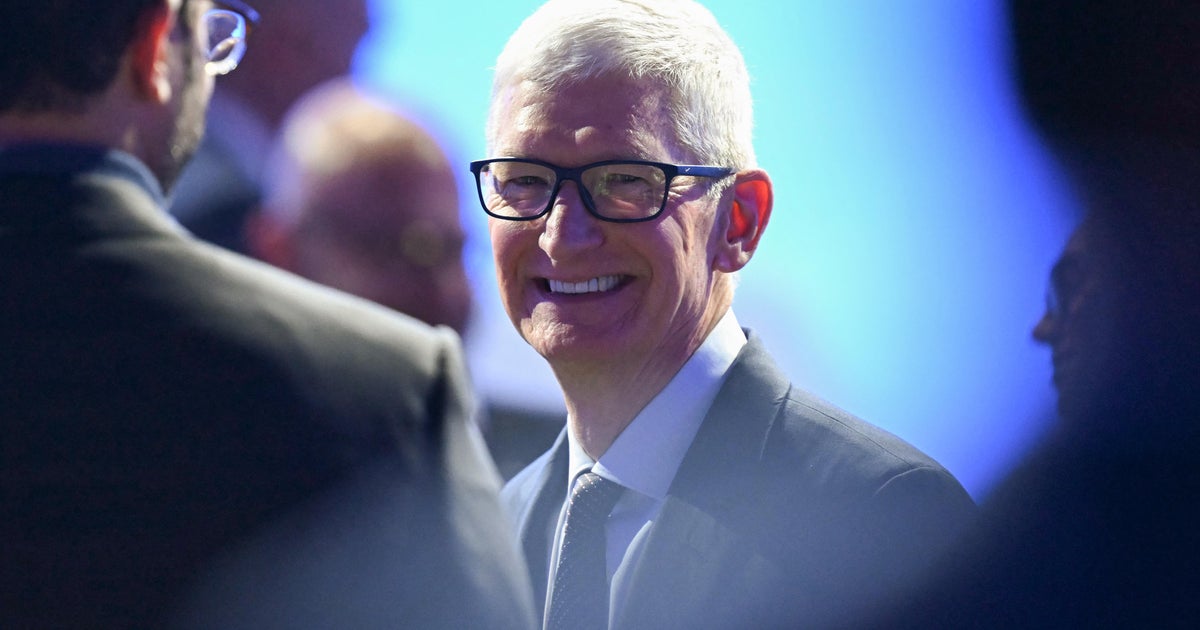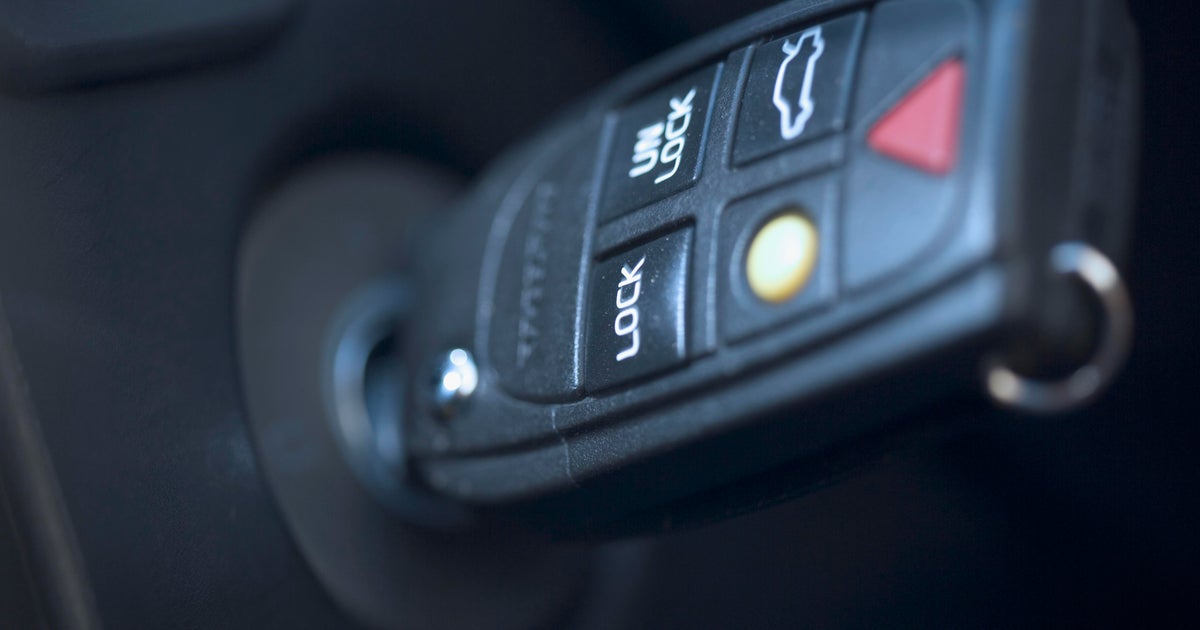Why tech stocks can drag the whole market down
By now it's clear that the tech stocks that have been fueling the U.S. stock market are running out of gas. Sparking Tuesday's collapse in share prices across the board was the tech-heavy Nasdaq's nearly 3 percent tumble.
You may not directly own any of the big tech names that have been the sector's leaders, but if you're in the stock market, you're likely carrying outsized exposure to a handful of mega-cap technology stocks.
You also may not know the term -- FANGMAN -- used for these stocks on Wall Street trading desks, but you know the names: Facebook (FB), Amazon (AMZN), Netflix (NFLX), Google parent Alphabet (GOOGL), Microsoft (MSFT), Apple (AAPL) and Nvidia (NVDA). These are among the most heavily weighted shares in the S&P 500 stock index -- upon which nearly $8 trillion in assets are benchmarked -- because of their large market capitalization (price multiplied by shares outstanding).
And thanks to persistent outperformance powered by tailwinds from iPhone sales, advertising revenue, subscriber growth and the promise of new technologies like autonomous vehicles, they've padded portfolio returns and shrugged off disappointing performances in other areas of the market (in transports and industrials, for instance).
But it's all coming apart now, marked by these key tech stocks suffering one of their worst collective declines on Tuesday.
The dynamic has been self-reinforcing recently: The more these stocks rise, the larger their market cap gets, which forces more money into them as their weighting in the S&P 500 increases. Unknowingly, many regular investors are assuming more risk as they become more exposed to a smaller group of speculative, growth-focused stocks.
It's not just the S&P 500 that's afflicted. Earlier this month, a subset of this group (Apple, Facebook, Amazon, Netflix and Alphabet) accounted for a quarter of the Nasdaq Composite, up from less than 20 percent just three years ago. Goldman Sachs analysts recently pointed out that the FANGMANs were among the "most crowded" trade on Wall Street, with Amazon, Facebook and Alphabet three of the top four most widely held stocks among hedge funds.
Bank of America's Michael Hartnett warned clients this week that this is just the latest bubble created by overly easy central bank policy. He's dubbed it the "Icarus Trade" and wrote that "the lowest interest rates in 5,000 years have guaranteed a melt-up trade in risk assets" including the latest "e-Commerce bubble" consisting of the majority of the FANGMAN stocks. They're up 617 percent since the financial crisis, making it the third-largest bubble of the past 40 years.
But rapid price deflation is underway as a perfect storm of negative headlines hit. Facebook shares have been pushed into a bear market -- down more than 22 percent from their recent high (chart above). The company is now grappling with the #DeleteFacebook blowback following revelations of the political weaponization of personal data, a looming Congressional appearance by CEO Mark Zuckerberg and growing realization that stricter data regulation is coming. These forces will also hit the data hoarders at Google.
Apple is suffering from tepid demand for $1,000 iPhones. Nvidia has been affected by the worries over the safety of self-driving cars in the wake of the fatal accident in Arizona between an autonomous Uber and a pedestrian crossing a street outside a crosswalk.
Weakness in the FANGMANs is threatening to push the S&P 500 below its long-term 200-day moving average (blue line in the chart above). That's a widely recognized measure of trend that was last violated briefly in the summer of 2016.
This would be a big negative, according to the folks at SentimenTrader, because it would end a streak of more than 400 days above this long-term average. And stocks have tended to perform poorly when they're below and looking up at the 200-day, with an average annualized return of just 0.2 percent (vs. 11.1 percent when above this measure).





